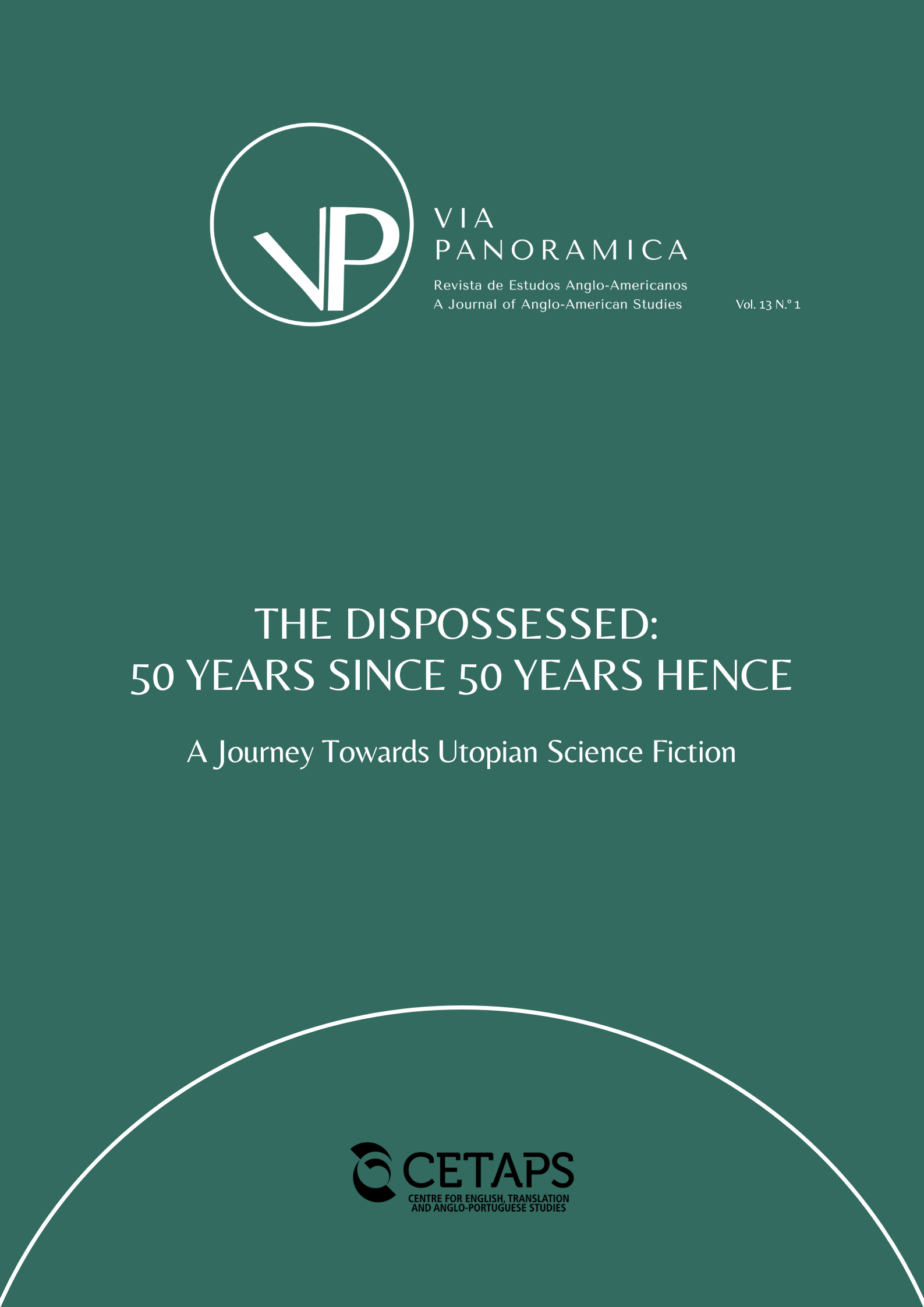From Anarres to the Earth: The Dispossessed and the Evolution of Utopian Science Fiction
Keywords:
literature, science fiction, utopia, Ursula K. Le Guin, The DispossessedAbstract
ABSTRACT: This article's main primary is to look into Ursula K. Le Guin's writings and examine how her words have influenced utopian literature while also giving particular focus to her crucial role in the genre of science fiction, consequently diving into the analysis of one particular book she wrote entitled of The Dispossessed: An Ambiguous Utopia. Le Guin's description of the twin planets, Anarres and Urras, and their inhabitants’ lives, defy traditional concepts and extend the frontiers of speculative fiction through the use of opposing ideologies and philosophical insights presented in the novel. This essay will also deepen on Le Guin's legacy as a visionary author who played a crucial role in reshaping the views on fiction and leading us to reformulate our thoughts on utopia and the way we see the world we live in, therefore influencing the following generations of writers and readers and inspiring new possibilities within utopian literature. While making references to important topics such as anarchism and feminism, which are subjects that remain matter of discussion still, the author leads the readers to also reflect upon freedom, power dynamics, and what makes us human. By examining the multiple layers of The Dispossessed along with the context and the author’s legacy in literature, this study reflects the power of speculative fiction in making us question societal norms and to resist the limits on our understanding of the possible and the better.
Downloads
Published
How to Cite
Issue
Section
License
Copyright (c) 2024 Via Panoramica: Revista de Estudos Anglo-Americanos / A Journal of Anglo-American Studies

This work is licensed under a Creative Commons Attribution-NonCommercial 4.0 International License.




